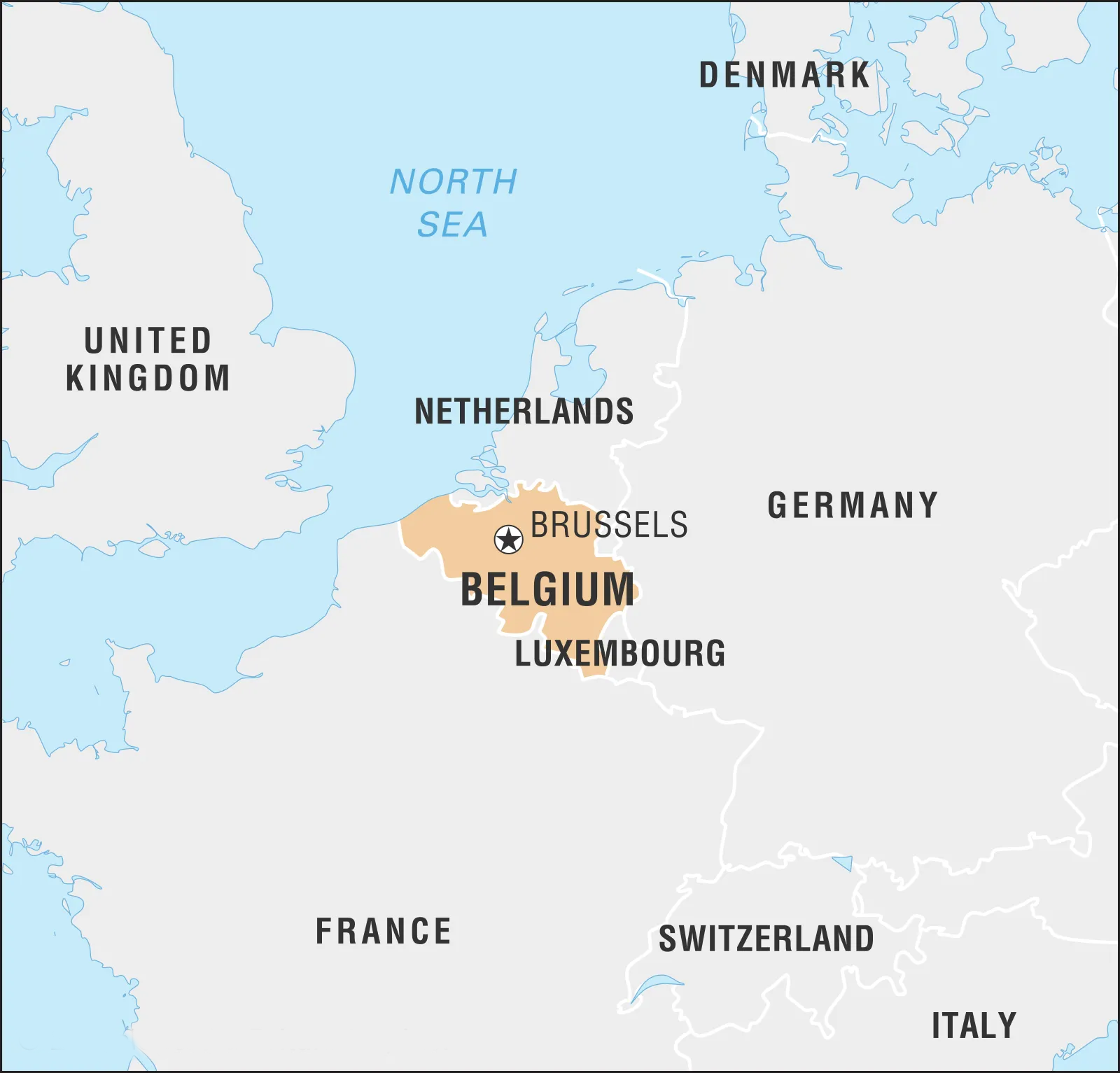Important Facts For Prelims
Belgium Recognises Ecocide as a Crime
- 02 Mar 2024
- 4 min read
Why in News?
The Federal Parliament of Belgium has made history by becoming the first country in the European Continent to recognise ‘ecocide’ as a national as well as an international crime.
- The law targets individuals in positions of decision-making power and corporations, aiming to prevent and punish severe environmental degradation such as extensive oil spills.
Note
- Belgium is a federal and constitutional monarchy divided into two main linguistic and cultural regions: Flemish (Dutch)-speaking Flanders and French-speaking Wallonia.
- Belgium is called the 'Cockpit of Europe' because it is where the largest number of European battles have taken place in history.
- Its capital, Brussels, is also the seat of the European Union (EU).
What is Ecocide?
- Ecocide is defined as "unlawful or wanton acts committed with knowledge that there is a substantial likelihood of severe and either widespread or long-term damage to the environment being caused by those acts."
- The definition was provided by the Independent Expert Panel for the Legal Definition of Ecocide, formed by the Stop Ecocide Foundation.
- Ecocide is considered a form of environmental crime and is often associated with significant negative impacts on biodiversity, ecosystems, and human well-being.
- Recognizing ecocide as a crime aims to hold individuals and corporations accountable for their actions and to prevent further environmental degradation.
- Ecocide is a crime in 12 countries, with nations mulling laws around criminalising environmental damage that is wilfully caused and harms humans, animals and plant species.
What is India's Stance on Criminalising Ecocide?
- Ecocide as Law: Some Indian court judgments have referenced the term 'ecocide,' the concept has not been formally incorporated into Indian law.
- Chandra CFS and Terminal Operators Pvt. Ltd. v. The Commissioner of Customs (2015): The court noted that certain sections of people have been continuing ecocide by removing valuable timbers.
- T.N. Godavarman Thirumulpad vs Union Of India & Ors (1997): Supreme Court called attention to an “anthropogenic bias” and argued that “environmental justice could be achieved only if we drift away from the principle of anthropocentric to ecocentric.”
- However, India has yet to take concrete steps towards enacting legislation specifically targeting ecocide.
- Existing Legal Framework: India's environmental legal framework includes statutes like the Environmental (Protection) Act of 1986, The Wild Life (Protection) Amendment Act, 2022, and the Compensatory Afforestation Fund Act, 2016 (CAMPA).
- Despite these laws, there remains a gap in addressing ecocidal activities directly, necessitating the incorporation of ecocide as a distinct criminal offence.
Read more: Global Push to Criminalise Ecocide
UPSC Civil Services Examination Previous Year Question (PYQ)
Prelims
Q. Consider the following statements: (2019)
The Environment Protection Act, 1986 empowers the Government of India to
- state the requirement of public participation in the process of environmental protection, and the procedure and manner in which it is sought
- lay down the standards for emission or discharge of environmental pollutants from various sources
Which of the statements given above is/are correct?
(a) 1 only
(b) 2 only
(c) Both 1 and 2
(d) Neither 1 nor 2
Ans: (b)





